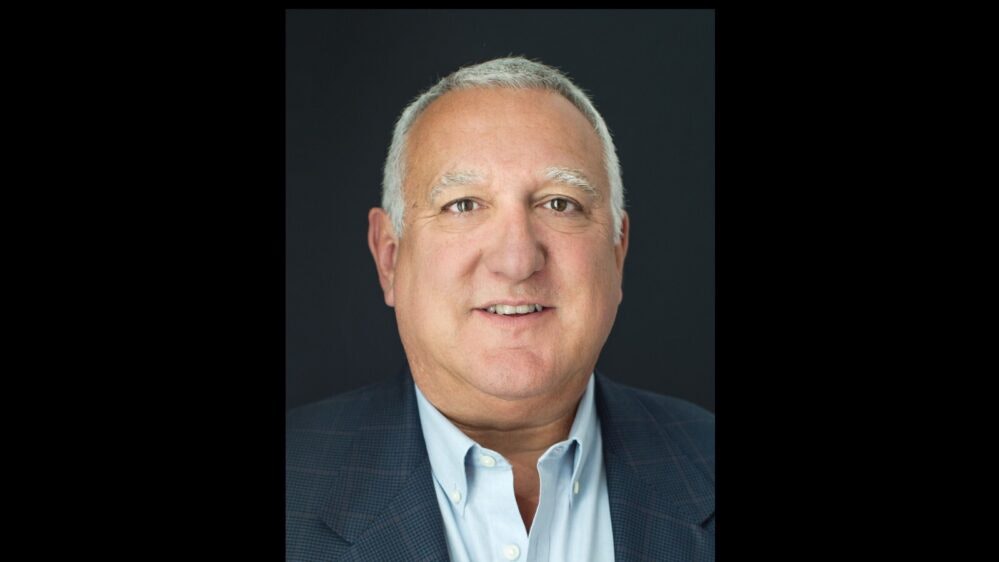The solitude of the town of Worland and its nursing home have been shattered by an outbreak of coronavirus that has claimed the lives of three elderly people.
Worland is a town of about 5,000 people situated in the southern Big Horn Basin. For its area, Worland is a large town, the biggest town in almost 90 miles in any direction. It was founded in 1906 and had its genesis in the construction of three irrigation canals, which established a large irrigated farming area in the dry Big Horn Basin.
Within only a few years oil was discovered in the area and Worland gained a second leg for its economy. The town did well through the years, although sometimes suffering from the boom and bust of the energy industry. It reached its high point of about 6,800 people in 1980, but has since gradually diminished in size.
About 50 or 60 years ago, a nursing home was built in Worland. It was probably done as part of a national trend. The federal Medicare and Medicaid programs provided funding for nursing homes, responding to changes in American demographics because of increases in the lifespans of Americans from medical advances.
The Worland nursing home (now Worland Healthcare and Rehabilitation Center) quickly became part of the fabric of the community, as have similar nursing homes throughout the nation.
The home was tucked into an attractive residential area in southeast Worland and was considered a welcome addition to the town. It provided employment for nurses and support staff, and contributed an important service, taking care of a lot of people of advanced age (it’s listed as an 87-bed facility, although usually only houses about 60 residents).
The facility has been owned by various companies; now it is owned by Five Star Quality Care – Wyoming LLC out of Newton, Massachusetts (near Boston).
In sum, the Worland nursing home has been a quiet and productive addition to the town.
About the only exciting thing arising from the nursing home was the occasional “escape” from the facility by residents with such conditions as Alzheimer’s disease.
People living close to the home would frequently note some older person moving slowly away from the nursing home complex, and would kindly call the facility and notify those in charge that someone needed to find the resident and bring him or her back to the home.
But the worlds of small, local nursing homes have been greatly changed with the arrival of the coronavirus. The first big outbreak in the United States was in the state of Washington, when the virus invaded a nursing home in Richland, about 200 miles east of Seattle.
The outbreak cut a deep swath of death before Washington state officials controlled it (I remember figures of 30 and 40 deaths). People throughout the country responded aggressively to fight the virus, although they frequently underestimated its potency.
At first, the efforts of the Worland nursing home seemed to be quite successful. There were a few cases reported in Washakie County (Worland is the county seat), but they seemed to top out at five.
In fact, for over a month, there were no new cases of coronavirus and many people in Worland felt that the town had avoided the worst effects of the pandemic.
That attitude has changed radically in the last couple of weeks, after new coronavirus cases appeared in the Worland nursing home.
The first reports spoke of seven new Wyoming infections in the previous week, all in Washakie County. The sick were quickly confined to the nursing home and many of us hoped that a strict quarantine would hold down the casualties.
The number of people afflicted, however, has now ballooned to 32, with three deaths, all three of whom were residents of the nursing home. Among the 32, twelve residents have contracted the virus, nine members of the staff, and four community-wide members of the community.
The remaining numbers were apparently “probables,” people who had not tested positive for the disease, but had close contacts with those who had. The sick were quickly confined to the nursing home and many of us hope that a strict quarantine will hold down casualties.
A call was placed to the Worland facility, and this reporter spoke to Heidi Glanz, the administrator. Glanz was courteous, but quite firm in saying that she wasn’t authorized to discuss the outbreak; any such information could only come from corporate headquarters in Boston.
I could understand that position, as the parent company was going to be very cautious indeed, given the disaster that a coronavirus outbreak represents for a nursing home company.
The “good” thing about this tale is that most of the people infected are young and have not experienced great sickness – many, no symptoms at all.
The State of Wyoming is on the scene here, conducting numerous tests. I’m sure that everything that can be done is being done, but I hope that the people addressing this outbreak never forget how persistent, sometimes deadly, and very, very contagious this virus can be.





